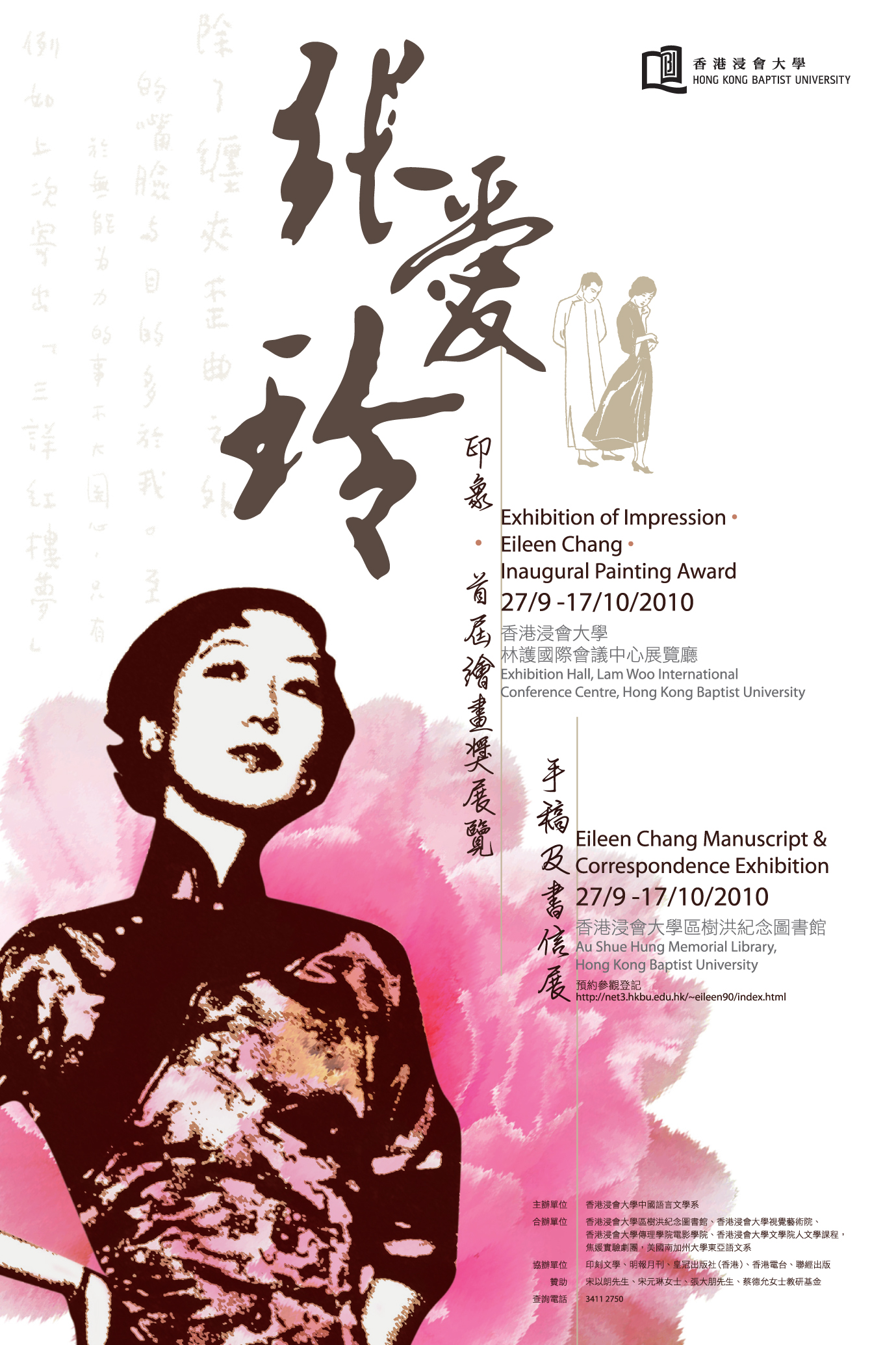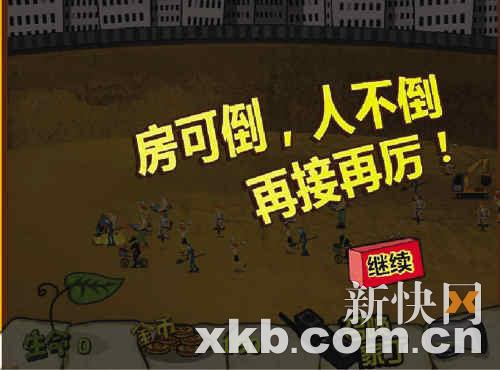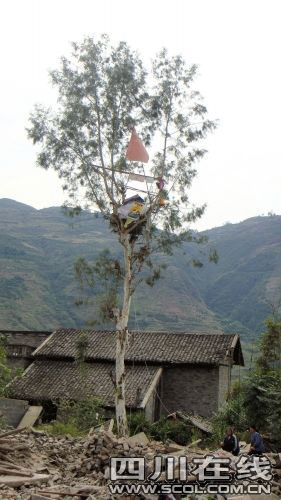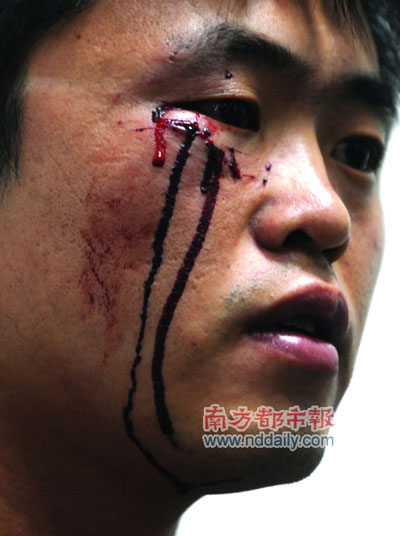After I was released, many people asked me why I wrote
<The Great Relocation>. The police officers in charge of my case had
also asked this same question repeatedly. My response was that the
Weinan migrants were too poor and pitiful whereas certain Weinan officials
were too greedy, corrupt and abominable.
<The Great Relocation> touches on two key problems about
the Sanmen Gorge migrants: land and money. The land and money that the
central government allocated to the migrants were not distributed to them.
Instead less and less money was reaching them each year. Since this
affected the image of the local government, certain nerves were ticked off.
When the police came for me, I did not think it was any
big deal. After I received the book, I investigated the relevant laws
about its publication. I called up the General Administration of Press
and Publications, and I consulted with lawyers. The opinion was that
the author and the magazine are held responsible for any content issue while
the magazine is held responsible for any printing issue. I was
relieved when I heard that.
When the Weinan police interrogation began, I began to
sense that this matter was grave. I asked them, "Aren't you worried
about a wrongful case?" Their response was "No" because they are not
responsible for any mistakes because they are only acting on the orders of
the city leaders.
I thought that they were blatant about enforcing the law
violently. When they arrested me, they cuffed me tightly so that my
left shoulder became swollen and hurt like hell. I asked them for
plaster at least ten times, but nobody paid any attention to me.
On August 23, we took the train to Xian at the Beijing
West Station. Wang Peng (one of the case officers) marched me through
five waiting rooms, pushing and shoving me hard. I thought that he
wanted to break down my psychological defense this way. I was cuffed
to the iron gate by the ticket inspection entrance for more than 30 minutes.
As we were about to board, he wanted to cuff me from behind. I said,
"My arms felt like they are broken already. I won't run. Don't
cuff me from behind." Wang said that he was only carrying out his
duties. I got upset and I said, "If you cuff me from behind, I am
going to kill myself by ramming my head against the wall."
As I said that, I took a step
back and got ready. Zhu Fuli (another of the case officers)
came over and held me in his arms. He said, "Old Xie, don't do that."
He then cuffed his left hand to my right hand, and then we boarded the
train.
At the Chaoyang detention center, I waited 3 days "in
transition." The conditions were poor. Four persons ate from one
meal box. I was then transferred to the Linwei detention center.
The detainees had to perform labor there in the form of batching joss
papers. For the first week, I was in a cell with more than a dozen
people and we completed two batches a day because we were novices. I
was transferred to another cell later, where we had to complete ten to
twenty batches a day.
Usually, we work in the morning until past 11am. In
the afternoon, we were interrogated, sometimes as late as 7pm. When we
return to the cell, there was no meal left. I remember skipping dinner
six or seven times. I cry when I hear the words "steam bun" now.
Once I came back from interrogation and everybody had already eaten dinner.
They were sitting on the bed planks in silence (note: in detention cells,
detainees are required to sit still and contemplate silently). I sat
down as well. A 17- or 18-year-old boy crawled over and said to me:
"Uncle Xie, you didn't eat yet? I know that you haven't eaten yet.
We got two steamed buns per person this evening. I saved one for you."
I took a bite and tears began to came out of my eyes. But I felt that
a grown man shouldn't be crying. So I turned my head to the wall and
cried.
The police did not torture me to get a confession.
But they showed disrespect for people. When they interrogated me, I
sometimes asked those whom I did not know to show me their identification.
They said: "Who do you think you are?" I said: "Some day, we will
stand as equals in front of God." Eventually they showed me their
identifications.
There were no prison kapos or bullies at the detention
center. But the rules are that newcomers have to sleep next to the
toilets, clean the toilets and wipe the floor. Wiping the floor
requires the person to squat down and apply a rag to the floor. I had
back problems. After I wiped the floor for four times, my back felt as
if it was broken. My clothes were soaking wet. I knelt down to
work. The prison guard yelled aloud: "No kneeling." I told the
prison warden that I didn't want to squat, and the prison guard let me off.
On the day when I first arrived, my clothes were soaking wet and stinking
with sweat.
Between September 7 and 12, the police interrogated me
intensely. They kept asking two questions. Did I take any money?
Did I provide "receipts" to the Weinan migrant representatives after the
book was delivered? I think that they were looking for evidence of
"illegal business operations."
I said that I have never received a single cent. I
said that I ended up spending more than 100,000 yuan of my own. I said
that I have never let any migrant pay for my meals when I go to Weinan to
conduct interviews. As for the "receipts," I have thought about this
repeatedly until I finally remembered. On the evening of June 26,
several of us transported the books to Weinan. They suggested that we
should have receipts that say "XXX has received this number of <The Great
Relocation>" or "XXX should be paid this amount of money." I printed
it out on my computer. There were many people present. I had no
idea who took what. But I think that there ought to be "receipts."
I found out later that on September 13, the Procuratorate
declined to issue an arrest order for me. I did not know it that day.
On that day, two prosecutors came over. They were very sharp and asked
tough questions.
On September 15, they interrogated me a second time.
They showed me a printed document which seemed to explain a Supreme People's
Court opinion. They said, "You cannot evade this question."
This "question" is the 1998 legal opinion of the Supreme
Court about illegal business operations. (<Explanations of certain legal
questions applicable to illegal publications>)
I read the document and I realized that there were certain
problems with our process of publication. The Spark magazine
originally assigned the printer to a Henan print shop for 10,000 or so
copies. Later the job was switched to a Langfang print shop for 20,000
copies. I requested a corrected letter from the magazine, but they
said that it was unnecessary because Zhao Xun (the owner of the print shop)
was doing the printing.
So I said: "If the judiciary departments want to hold me
accountable, I am willing to receive fair handling provided that the Weinan
leaders do not intervene." The prosecutors asked me to write to the
Procuratorate and I did. I wrote that I was not trying to make any
money. Even if I broke the rules, it was a first offense. At the
September 17 press conference, one of the reasons given for my release on
bail was that I was contrite.
Although I was locked up, I knew that the outside world
was paying attention to me. During my interrogation, the police said,
"Your wife is doing a lot outside."
I was not hopeful, and I was prepared to be found guilty.
On the morning of September 17, the Procuratorate came for me again. I
thought I had to sign on the arrest order. I even prepared a note
which I was going to write on the arrest order; "There will come a day when
history will sanction the person who signed this arrest order. The
corrupt officials and their lackeys who use the judiciary to initiate this
case will be nailed to the pole of shame in history."
But the Procuratorate people asked two questions and left.
I was disappointed with the fact that I got neither results nor hope.
I would have preferred to be formally arrested just so I knew.
That afternoon, the prison warden told me to pack my
stuff. I asked: "Am I being transferred to a different place?"
He said, "You are being released." I did not believe him. I
asked him, "Are you kidding?" The other detainees in my cell were
happy for me. One of them even helped me to shave. I gave my
clothes and meal card to my cell mates.
So I have left the detention center. But I have
become more fragile. I cry whenever I hear the words "steam bun."
I cry whenever I think about my wife. I can never forget the look in
my wife's eyes when she rushed out to see me being taken into the elevator.
All the bitterness and sorrow of the world were there.

























